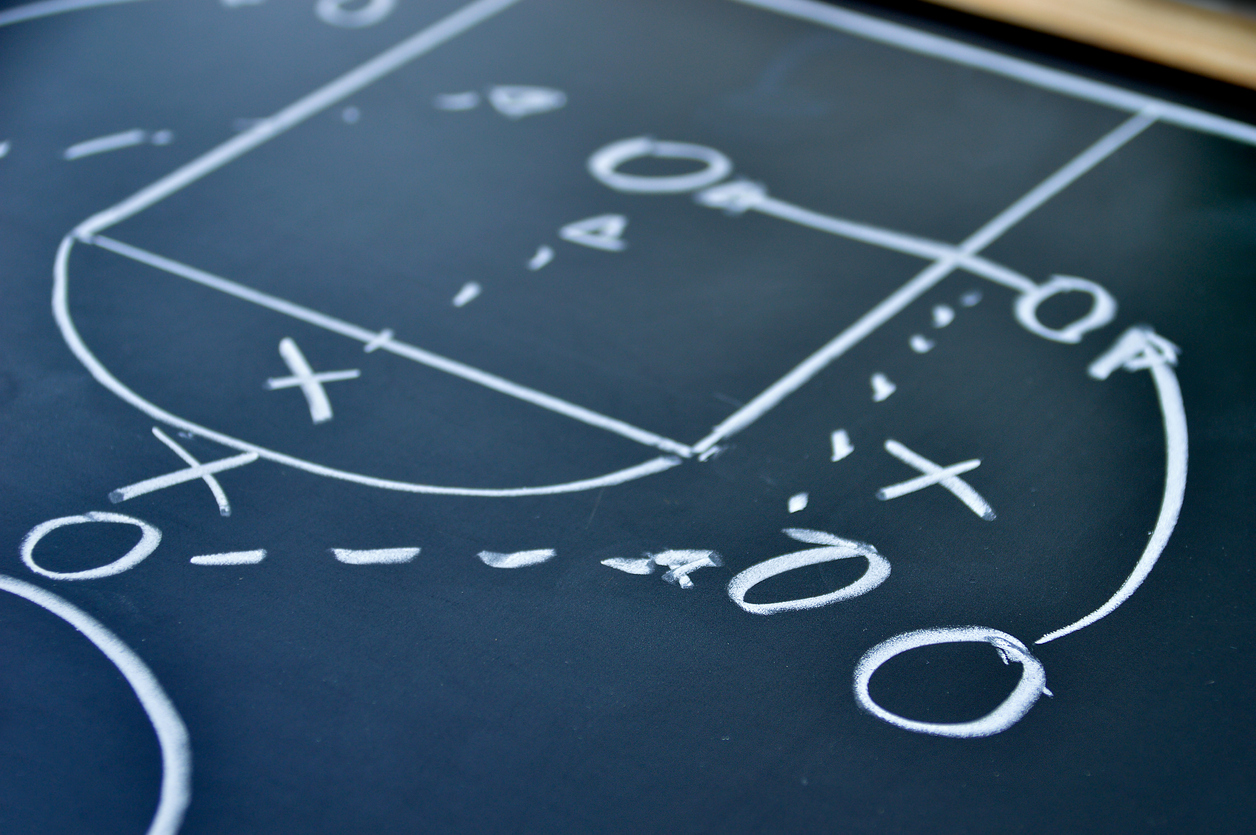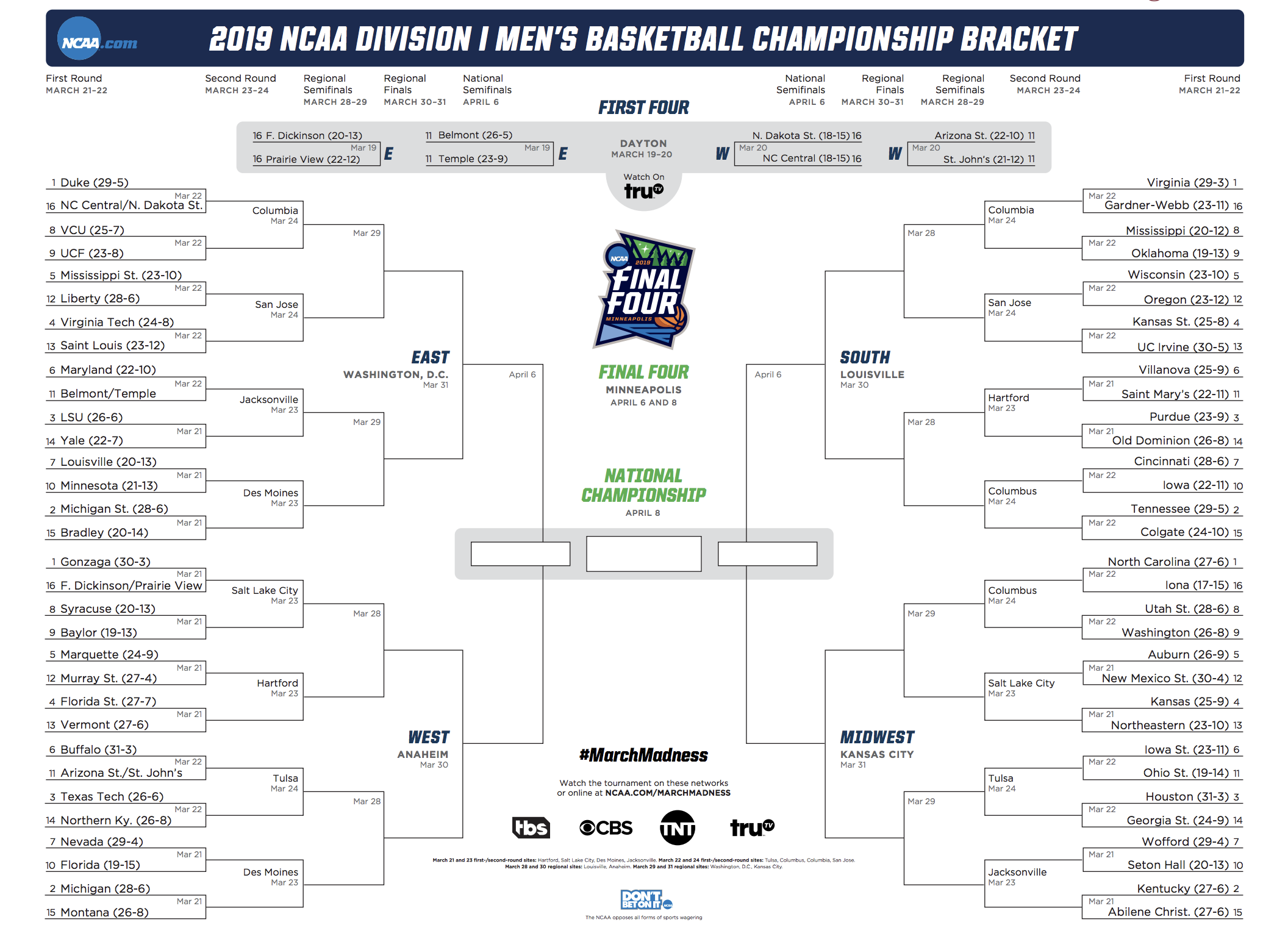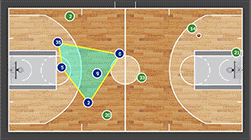What’s the best way to select teams for a bracket? Are there other metrics you can look at besides a team’s ranking?
Individual matchups of teams can be informative, especially if you have a lot of knowledge about basketball. You could look at a specific game and see something like, “This team is really good defensively, but I think that’s a bad matchup against this particular opponent.” There are also matchups that you can predict without a lot of knowledge about college basketball, like that a No. 1 seed will usually beat a No. 16 seed.
The problem is that if you have to set your entire bracket ahead of time; looking at individual matches is something you can only really do for the first couple of rounds. After that, there’s enough randomness in teams getting knocked out that you probably can’t even predict who’s going to play each other after the second round.
What is it about March Madness that makes the tournament so exciting?
It’s the perfect combination of a sport where games can be played relatively frequently and that also has a large number of teams. While college football fans would love a giant tournament at the end of the season that involved 16 or 32 teams, you can’t play football more than once a week, and so a large tournament would take too much time to complete.
The tournament structure itself is also very unique. The fact that you have so many teams, and each team can be knocked out by a single game, makes each of the games really exciting. Each individual game is random enough that you see upsets all the time. If you’ve got an imbalanced matchup, where you’ve got a not-so-good team playing a good team, the best chance that the not-so good-team has is to just beat them in one game. Playoff formats like the NBA are not nearly as unpredictable as March Madness because the chances of an upset in a seven-game series is much less than in a single game.
If you want to set up something where the better team actually wins more often, then longer game series are ideal. But if you are a casual fan and you want to see upsets, or you want to see cool and unexpected things happening, a March Madness-style tournament is ideally suited for that sort of drama.
How do you think analytics will change sports in the future?
Most areas of human endeavor are becoming more data-oriented, and sports analytics is a very active front in this data revolution. There are already a lot of fascinating analyses using new sources of sports data, and I think this progress will continue for the foreseeable future.
Basketball is the sport with the most progressive development in the area of individual-player and ball-tracking technology. For the past few years, they have been using video data to track the positional coordinates of the ball and each individual player on the court throughout every NBA game. This high resolution data allows us to move beyond historical metrics like shooting efficiency or number of rebounds in order to examine more detailed aspects of game play, such as the accuracy of individual passes or how much space players create around themselves..
Ranking systems will also probably improve as more detailed game-play data get incorporated into ranking models. However, there is an upper bound on how we will be able to improve our predictions as there is inherent randomness and luck in every game outcome. We’re never going to get to a point where we can perfectly predict an upcoming game, and we wouldn’t want that to happen because that would be a lot less exciting.










